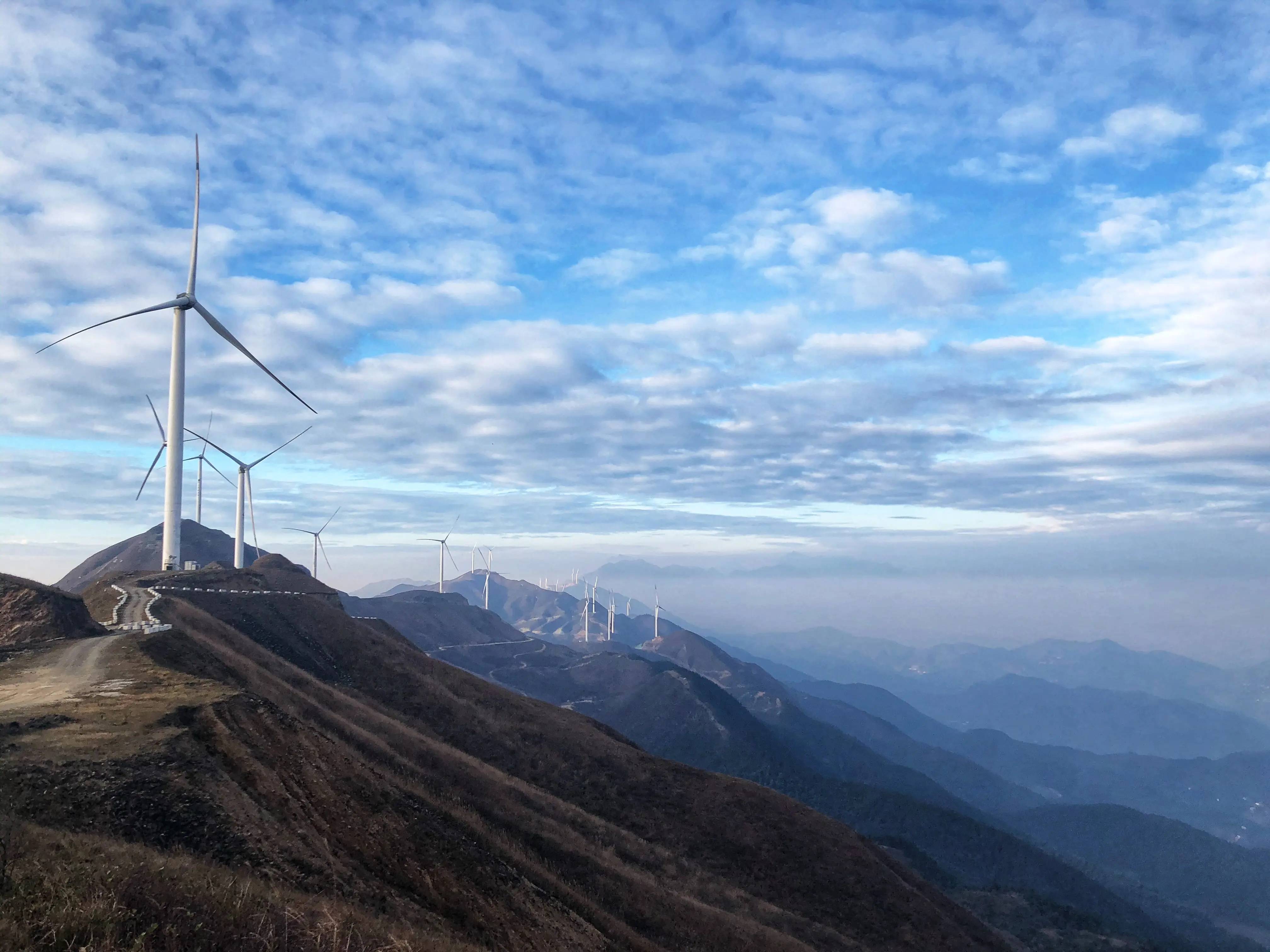
Jan. 27, 2024 16:38 Buyela ohlwini
Ama-Microgrids: Umbono ukuthi isikhathi sikabani sesifikile?
Njengoba inani labantu emhlabeni liqhubeka nokwanda, kunesidingo esikhulayo sikagesi. Nokho, kunezinselele eziningana okufanele zixazululwe. Njengamanje, abantu abangaphezu kwebhiliyoni emhlabeni wonke abakwazi ukufinyelela kumagridi kagesi, okuhlanganisa nabantu ababalelwa ku-200,000 e-Canada abangaxhumekile kugridi kagesi yaseNyakatho Melika kanye nezinhlelo zamapayipi okusabalalisa igesi yemvelo.
Izinhlekelele zemvelo kanye nezimo zezulu ezimbi kakhulu nazo zibangela ukuphazamiseka kokuphakelwa kukagesi, okuholela ekucimeni kukagesi okukhulu okungathatha izinsuku. Ngaphezu kwalokho, lapho ingxenye eyodwa yesistimu yokudlulisela ihluleka, ingathinta yonke igridi, okuholela ekunqamukeni kwamandla kagesi.
To tackle these issues, the concept of microgrids has gained popularity. A microgrid is a energy system that can operate independently or in conjunction with larger grids. It contains all the necessary components to provide electricity to a specific community, typically serving a smaller population of around a thousand or a few hundred people. This approach decentralizes the power supply generation and distribution process, making it more resilient and less prone to grid failures.
Unlike large-scale energy grids that connect buildings to central power supply sources like coal, nuclear, and gas plants, a microgrid functions as an isolated island. This independence can prove beneficial during crises such as storms or outages. Many microgrids utilize a combination of renewable energy sources and batteries, with natural gas serving as backup. While microgrid power supply is not necessarily more reliable, communities located far away from larger power sources can benefit from the localized control and ownership of electricity generation.
Esinye isibonelo esiphawulekayo se-microgrid yileso esakhiwa eSendai, eJapane eminyakeni eyishumi edlule. Le microgrid inikwa amandla yingxube yamandla elanga, igesi, nokugcinwa kwebhethri. Phakathi ne-tsunami nokuzamazama komhlaba okubhubhisayo ka-2011, i-microgrid ye-Sendai yanikeza amandla nokushisa esibhedlela sokufundisa sase-Tohoku Fukushi University, iqinisekisa ukuthi izinsizakalo ezibalulekile zigcinwa ngisho nangesikhathi sokucisha kukagesi.
The impacts of power outages on society and the economy are significant, and the climate crisis exacerbates these challenges. Jana Ganion, energy director for Blue Lake Rancheria, an Indigenous reserve in California, emphasizes the urgent need for solutions, stating, "Widespread power outages cause a lot of social and economic damage and destruction. And the climate crisis is making all of this worse." Blue Lake Rancheria successfully launched a solar microgrid in 2015, providing electricity to thousands of people nearby when millions of Californians had their power supply shut off due to wildfire risk.

However, setting up a microgrid can be a costly endeavor, particularly in densely populated urban or suburban areas with existing infrastructure. Consumers tend to stick with what is already in place, and for the majority of Canadians, that means relying on hydroelectric power supply. Nuclear and coal plants are also significant power sources in the country. Raising the necessary capital for building power plants, whether they are traditional or microgrids, is challenging for some countries. The autonomy and self-sufficiency that microgrids offer can be especially relevant in such cases.
Cishe kunemiphakathi ekude engu-300 kulo lonke elase-Canada encike kakhulu kuma-microgrid asebenza ngodizili ukuze kuphehlwe ugesi. Ngokubona isidingo sezinketho eziluhlaza, uhulumeni wobumbano waseCanada ubesebenza nezinhlangano zesifunda kule minyaka eyishumi edlule ukuhlola nokusebenzisa izixazululo zamandla esimeme. Ngaphezu kokuhlinzeka ngogesi, ama-microgrid nawo angadlala indima ebalulekile ekutholeni amanzi okuphuza ahlanzekile ngokunika amandla inqubo yokwelapha.
In conclusion, the global demand for electricity continues to rise, and challenges such as lack of access to energy grids and disruptions caused by natural disasters persist. Microgrids have emerged as a promising solution, offering localized power supply generation and distribution systems that can operate both independently and in conjunction with larger grids. While establishing microgrids can be costly, they provide autonomy and resilience, especially in remote areas or during crises. Exploring greener options, such as renewable energy sources, battery storage, and natural gas backup, can make microgrids even more sustainable and beneficial for communities.
Izosuswa uma yephula umthetho
Isizindalwazi: https://www.cbc.ca
-
Wireless DC Charging: The Next Frontier in Contactless EV Power Delivery
IzindabaAug.04,2025
-
Hybrid BMS Energy Controls: Integrating Renewable Energy Sources
IzindabaAug.04,2025
-
Blockchain for Secure and Decentralized EMS Power Systems
IzindabaAug.04,2025
-
AI-Driven for Smart Grids: Energy Management System (EMS)
IzindabaAug.04,2025
-
Advanced Distribution Management System (ADMS) Energy
IzindabaAug.04,2025
-
5G-Enhanced BMS Energy Savings: Ultra-Low Latency Control
IzindabaAug.04,2025























